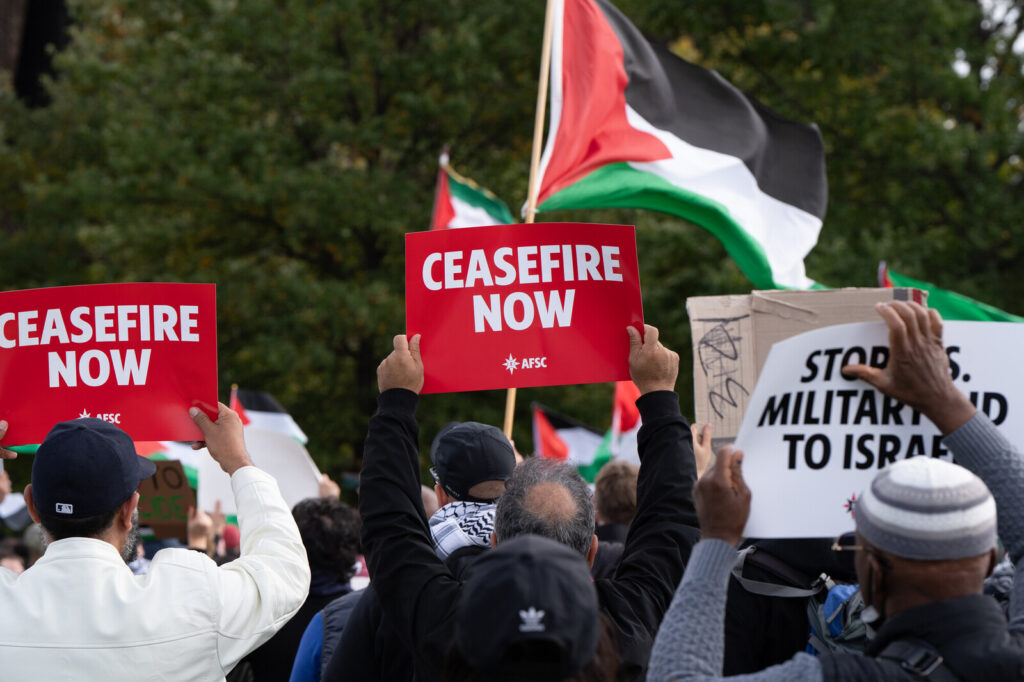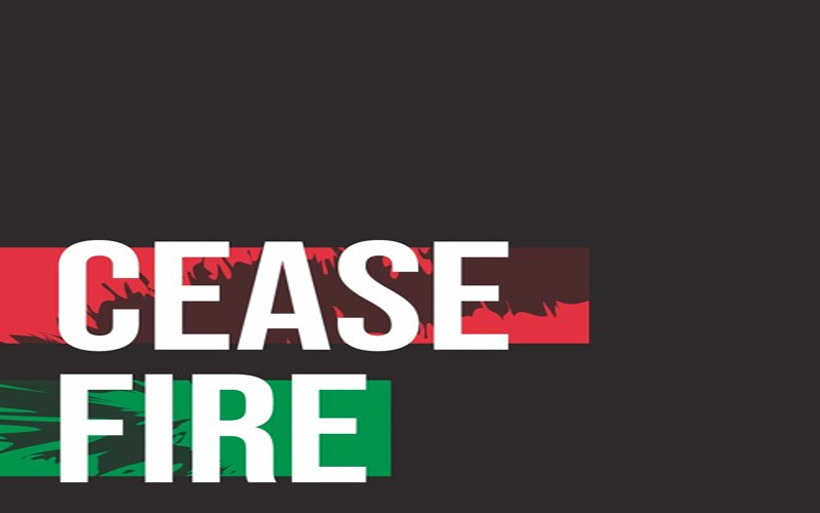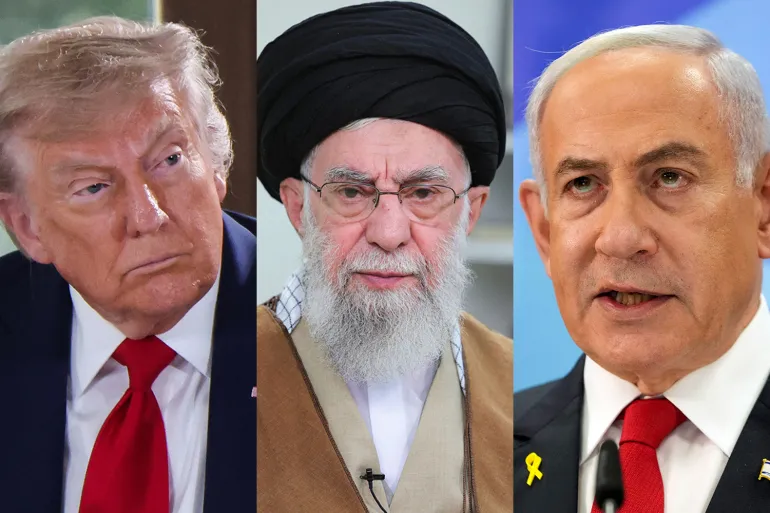Israel and Iran Enter Fragile Ceasefire amid rising hostilities, but former President Donald Trump accuses both of immediate violations. The truce faces skepticism as global powers watch closely. Is this a real path to peace or just a pause in regional tensions? Find out the full story here.
Israel and Iran Enter Fragile Ceasefire as Trump Accuses Both of Violations

In a surprising turn of events, Israel and Iran have agreed to a tentative ceasefire after weeks of escalating military and cyber confrontations. However, the truce remains fragile as former U.S. President Donald Trump publicly accused both nations of violating the agreement within hours of its announcement.
Fragile Truce Amid Escalating Tensions

Israel and Iran Enter Fragile Ceasefire, brokered indirectly by a coalition of European and Gulf intermediaries, marks a significant moment in the increasingly volatile relationship between Israel and Iran. Both sides have traded blows in recent months, from drone strikes and proxy conflicts in Syria and Lebanon to sabotage operations against nuclear and military facilities.
Despite the announcement, military analysts warn that the truce is more of a “pause” than a step toward peace. “Neither party has shown genuine commitment to long-term de-escalation,” said Dr. Miriam Stein, a Middle East policy expert. “This is a high-stakes waiting game.”
Trump’s Intervention: Political or Preventive?
Adding fuel to the already tense situation, Donald Trump released a statement on his Truth Social platform accusing both Israel and Iran Enter Fragile Ceasefire of “breaking the ceasefire within the first six hours.” According to Trump, his intelligence sources pointed to “covert air activity and cyber intrusions” that undermined the spirit of the agreement.
While Trump no longer holds office, his comments sparked international concern. Current White House officials neither confirmed nor denied his claims but emphasized the importance of maintaining dialogue.
“Any provocation could lead to a catastrophic regional war,” warned a senior U.S. defense official under condition of anonymity.
Underlying Issues Remain Unresolved Israel and Iran Enter Fragile Ceasefire
At the heart of the conflict are Iran’s nuclear ambitions and Israel’s determination to prevent Tehran from acquiring a nuclear weapon. Over the past year, Israel has intensified its covert and direct operations, targeting Iranian military assets and scientists. In retaliation, Iran has empowered proxy groups such as Hezbollah and the Houthis to strike Israeli interests.
Israel and Iran Enter Fragile Ceasefire reportedly includes vague clauses on limiting proxy activity, mutual restraint on cross-border operations, and a freeze on cyber warfare initiatives. However, without a third-party enforcement mechanism, skepticism abounds.
“This agreement lacks teeth,” said Dr. Ali Reza, a Tehran-based political analyst. “It’s a PR move more than a diplomatic breakthrough.”
International Reactions: Mixed Signals
The European Union and the United Nations welcomed the ceasefire, calling it a “critical opportunity to stabilize the region.” In contrast, Saudi Arabia and the UAE expressed cautious optimism but emphasized the need for verification and accountability.
Russia and China, both with growing influence in the Middle East, have stayed mostly silent, signaling strategic patience as they observe how the truce unfolds.
Israel and Iran Enter Fragile Ceasefire or Strategic Reset?
Many observers believe the ceasefire is less about peace and more about recalibration. Israel faces increasing internal political instability, while Iran grapples with mounting economic sanctions and domestic protests. Both may be using this truce to regroup rather than reconcile.
“It’s a tactical timeout,” said General Amos Yadlin, former head of Israeli military intelligence. “Each side is buying time to reposition.”
Trump’s Role: Disruptor or Diplomat?
Though no longer in office, Trump’s continued involvement in foreign affairs—especially in the Middle East—raises eyebrows. Some analysts suggest his statements are aimed at influencing U.S. foreign policy debates ahead of the 2026 elections. Others see his remarks as a way to pressure both Israel and Iran into stricter compliance.
Regardless of motive, Trump’s accusations have once again spotlighted the Israel and Iran Enter Fragile Ceasefire of Middle East diplomacy.
What’s Next?
The coming days will be critical. Observers are closely monitoring satellite imagery, military communications, and cyber activity for signs of ceasefire breaches. The Biden administration has so far avoided public criticism but is likely working behind the scenes to stabilize the situation.
Unless both Israel and Iran take concrete steps to honor and enforce the ceasefire terms, the region could slide back into open hostilities—with wider implications for global security, oil markets, and nuclear non-proliferation.

